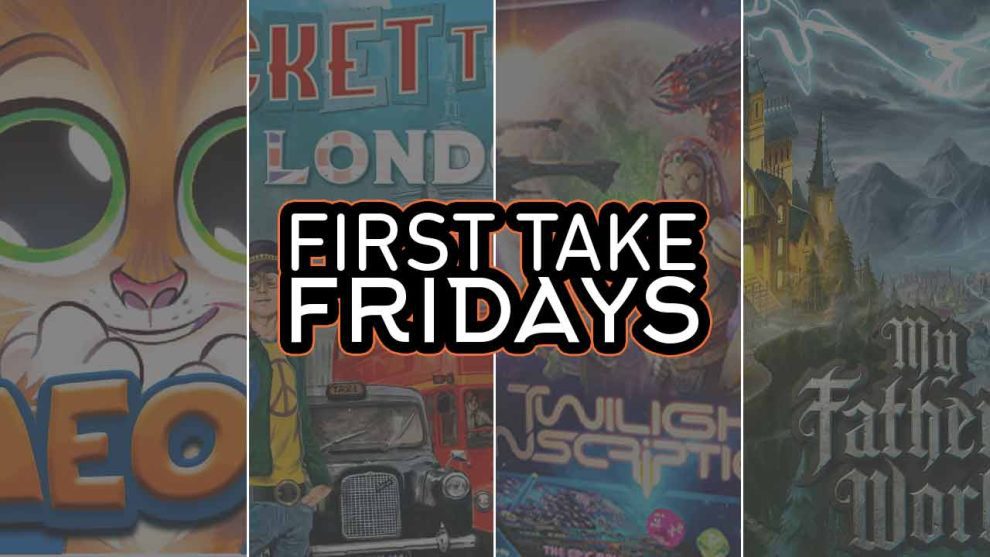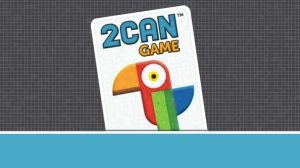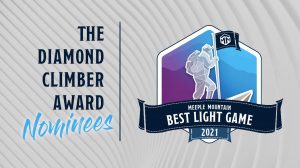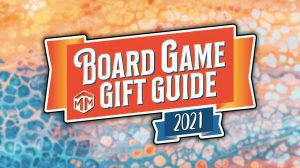MEOW – Andrew Lynch
A week-long trip to Michigan has afforded me the opportunity to track down some harder-to-find games. MEOW is a light little trick-taking game designed by Reiner Knizia, published in 2020. Played over three rounds of nine tricks, players compete for tokens with positive or negative point values. Each round starts with all nine tokens being laid out in a line, which is played through in order. There’s fun to be found in trying to plot out your round. As ever with trick taking games, that planning is only so practical. That’s part of why they’re fun, of course. MEOW is cute, it’s approachable, and it’s pleasant. I had a good time and I’m happy to have it around as a filler. Would I recommend playing it if you found a copy? Yes! Would I recommend seeking it out? Nah.
Ease of entry?
★★★★★ – No sweat
Would I play it again?
★★★☆☆ – Wouldn’t suggest it, but would happily play
Read more articles from Andrew Lynch.
Ticket to Ride: London – Andy Matthews
The Ticket to Ride franchise is a juggernaut, consisting of over 40 standalone games and “map pack” expansions, and dozens upon dozens of fan-made maps. A few years ago the company decided to pare down the experience into “city games”; scaling down the game into New York City, Amsterdam, London, and San Francisco. I previously reviewed Ticket to Ride: New York and loved it; raving about its 15 minute gameplay, the tense battle for Manhattan streets, and the bonus points earned when connecting the iconic New York taxicab pieces to various tourist destinations around the board.Ticket to Ride: London has a similar approach, challenging players to visit every stop in 5 different Districts to earn bonus points equivalent to the difficulty. District 1 requires players to connect the British Museum and Covent Garden for a single point, while District 5 asks players to visit Hyde Park, Baker Street, Regent’s Park, and King’s Cross for 5 points. Since some routes only allow a single connection in a 2p game, this means that some of those Districts can very easily be blocked off. And so when I took a gamble on Destination cards leading me to those neighborhoods, which later became inaccessible, I took a bit of a negative point hit. The final score was 25 for my oldest son and 19 for me.
A good game, but if you want the light Ticket to Ride experience, I’d suggest picking up Ticket to Ride: New York or the newly released Ticket to Ride: San Francisco (which includes a souvenir set collection bonus).
Ease of entry?
★★★★☆ – The odd bump or two
Would I play it again?
★★☆☆☆ – Would play again but would rather play something else
Read more articles from Andy Matthews.
Twilight Inscription – Justin Bell
Roll and write (RNW) games should take 30, maybe 45 minutes. RNWs also position themselves as a shorter version of the games they are based on.
Twilight Inscription is a mixed bag, then. Right out of the gate: it IS a shorter version of Twilight Imperium, but it is not short—at least for a sensible gamer on the go.
We spent 115 MINUTES playing Twilight Inscription. Inscription is just a normal high-strategy board game. It can’t be played as a quick-thinking, tactical exercise. (I know this, because I came in dead last just scratching things off of my boards, instead of thinking deeply about how much any single scratch might cost me at the end of the game.)
Inscription is a shorter version of Imperium; 2 hours is much shorter than, say, 6-10 hours.
Inscription is a heads-down, almost zero negotiation scribbler. Imperium is a robust 4x game with lots of table talk. This begs a question: who is Inscription for, if not for those who love Imperium but don’t have as much time?
No idea. Also, if you thought games like Dinosaur Island Rawr ‘n Write were medium-weight RNW table hogs, have I got a game for you! Inscription takes up double the space of those games, and that doesn’t include milestone cards, a scoreboard that tracks when players earn other milestones, event cards, and a Relic deck which have other scoring opportunities.
In my view, it was way too much, and sadly seems to be a game tailor-made for app-driven play because of all the things you have to track. (I mockingly referred to the game as “37 Times As Clever.”)
One final note: for a RNW experience, the dry-erase boards and pens are disastrous in Inscription. For a $65 game (!!!), can we get erasers that actually erase that game’s handiwork??
Ease of entry?
★☆☆☆☆ – Rough
Would I play it again?
☆☆☆☆☆ – No chance
Read more articles from Justin Bell.
My Father’s Work – Brody Sheard
Despite all the app problems I have been reading about, I was super excited to play My Father’s Work. The components were begging me to read the rules and play the game, and besides, I had some unfinished work that needed to be completed. This game was also on my list of most anticipated games at GenCon 2022, and since I couldn’t make it to the convention, playing this game would do.This is a worker placement game of gathering resources to complete experiments. Experiments need to be done in a stepwise fashion where you want to finish your masterwork, your father’s uncompleted experiment before the end of the game. But after each round you lose almost everything and need to start again minus just a little more information to let you continue on experiments just a bit faster. Combined with a medium weight, complex worker placement game is the storytelling that changes the board and gives choices that will affect actions you might take in the future. The game comes with 3 modules that each have several paths, each using different additional components, and each path can drastically change ways to gain extra points from another.
I played the first 2 modules which both took about 4 hours apiece, each with new players. This can be shortened after players know what they are doing, but the app has a very verbose story to tell. If you are a slow reader, the length will increase from that. My Father’s Work has a solid worker placement game with it combined with a solid story line that changes your worker placement options. The components are top of the line, and this game is pretty special in what it does. Yes, the app has its current problems, but I anticipate those will be worked out with time.
If those words excite you, just wait for my video review of the game coming soon!
Ease of entry?
★★★☆☆ – There were a few questions
Would I play it again?
★★★★★ – Will definitely play it again












